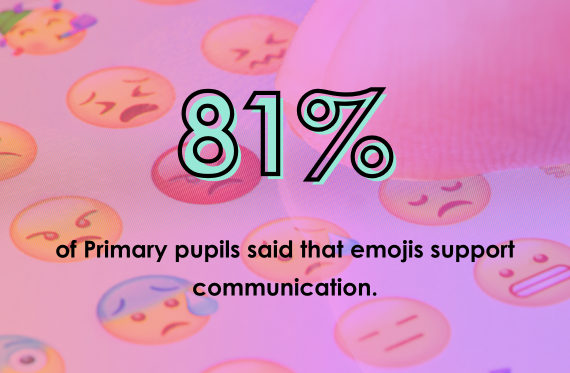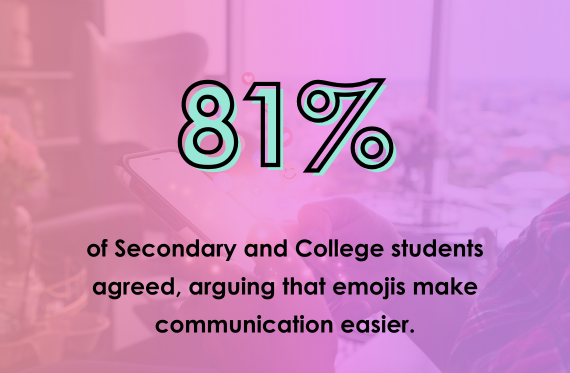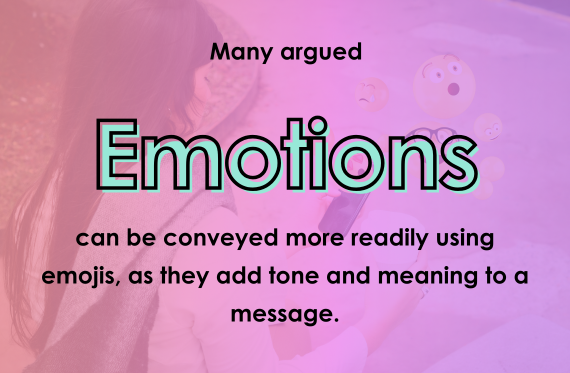5-11 votes
11-16+ votes
Total votes
For our penultimate VoteTopic of the year, we asked young people what they would like to discuss in the classroom. Thank you to everyone who submitted an idea. The Voters' Choice winning topic was...emojis! More specifically, the role emojis play in communication online.
Primary 7-11, Secondary, 16+ & College voters were asked: “Do emojis make communicating easier?”, while Primary 5-7 voters discussed: “Do emojis help you to communicate?”
54,532 young people in the UK have taken part in this vote.

"Emojis help you to show happiness or sadness in a message. Emojis help with scripts and to show what emotion you will use.”

"It helps people who do not speak the first language of the country to communicate with others."

"Emoji meanings change fast and it's difficult to keep up."
Thank you to The Week Junior for responding to young people's voices on this VoteTopic!
"At The Week Junior we always want to know what young people think – and I’m delighted to see that so many of you took the time to make your voices heard. I’m with the majority, I also think emojis help with communication. As an editor I work with words all the time, but as a magazine editor, I know the power of an image, and emojis seem to me the perfect combination of the two."
Vanessa Harriss, Editor at The Week Junior


